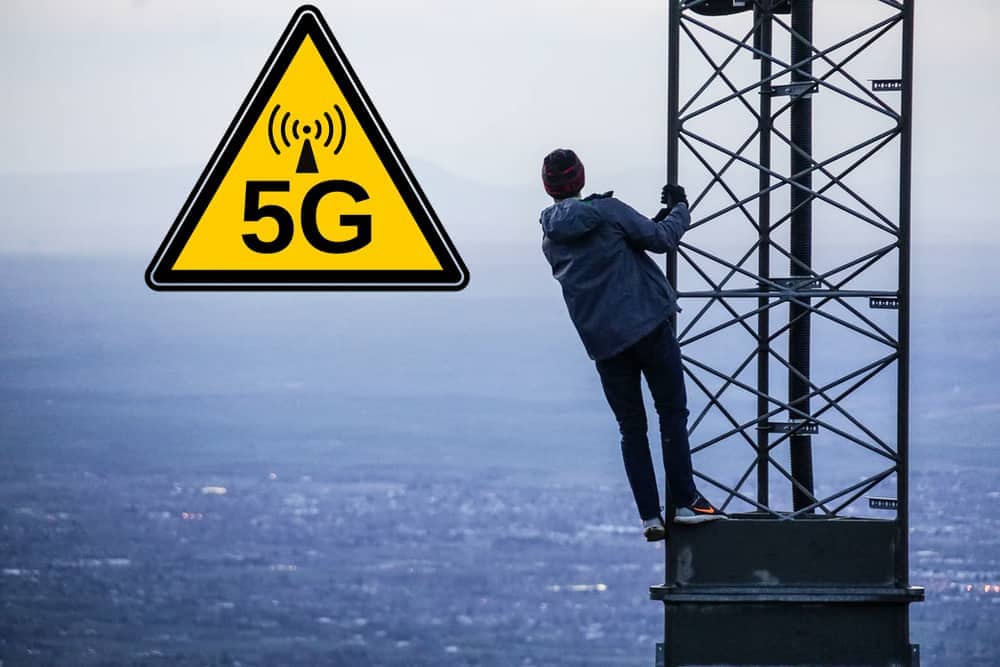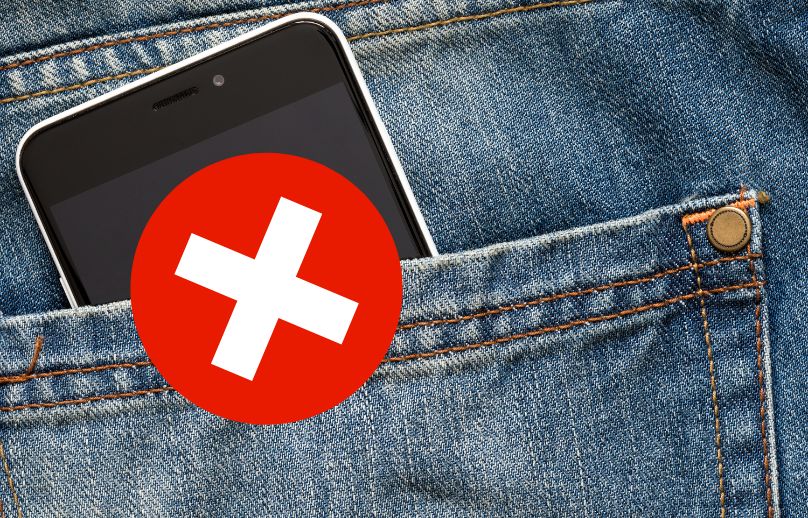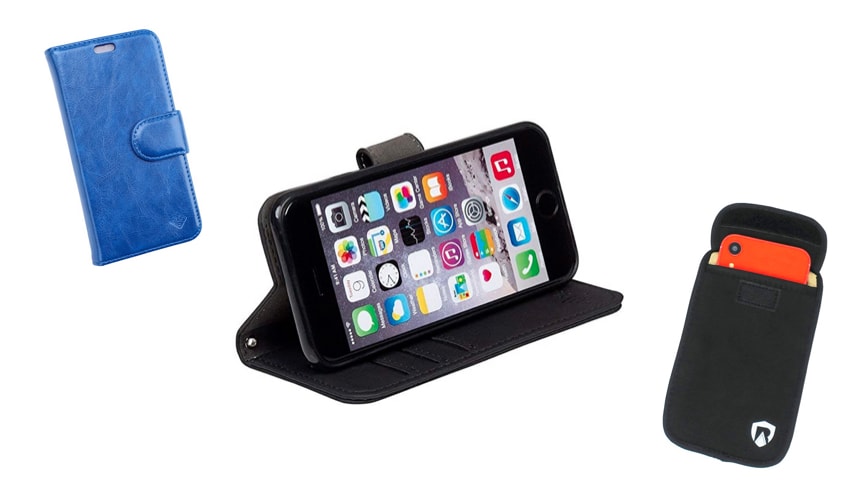Cell phone privacy is so important today, given all the personal information, banking info, photos, and data you keep on your device. We use our phones for almost everything, from work or paying bills, to sending personal emails.
If this data were to fall into the wrong hands, it could have costly, time-consuming, and disastrous consequences for you or your business.
Be Concerned about Your Privacy

Phone hacking is quickly on the rise. The dangers of hacking have increased with the advances and availability of hacking software, making it easier for the average person to access your smartphone and other devices.
You no longer have to have hacking software downloaded to your device for hackers to gain access to it. You used to be pretty safe as long as you didn’t open those spammy emails and download files.
Now, hackers can target your phone remotely, with spyware attached to data in emails, text messages, and unprotected websites or links on social media. Phishing is the most common method, as it is pretty easy to do.
Even though most people know what phishing is and how it works, it is so sophisticated that they still fall victim to it. This is a big problem.
Here are some other ways your sensitive data can be breached:
Through public Wi-Fi networks
- Bluetooth Hacking
- SIM Swaps
- Keyloggers
- Spamming
- Spyware Apps
- Malicious software
Companies and data firms are also collecting smartphone data from people around the world every day, putting your privacy and location data at risk. This New York Times investigation into smartphone tracking may shock you
Now, even though your phone is at risk, there are several things you can do to increase the security on your device, reduce your vulnerabilities, and decrease your chances of being hacked.
1. Keep your Phone Updated

You may find updating your device an annoyance. I used to ignore that little notification message regularly. But updating your operating system is actually beneficial to you.
Cell manufacturers spend millions on security and functionality. When they find a security gap in their code or weak point, they update their operating code. These updates improve your security and privacy, while blocking data theft.
The only way this can help you is if you update your iOS or android OS. It doesn’t offer 100% protection but they do significantly help.
Unfortunately, if you’re using an older model iPhone or android device, you may no longer be able to access OS and security updates. Older smartphones are at a bigger risk of being hacked. If you’re having this issue, you may want to consider updating your mobile device.
2. Only Use the App Store

While your phone may give you the option to install apps and software outside of their app store, you really shouldn’t do it. You don’t know how private or secure a 3rd party app may be or if there’s malware hidden within it.
Trusted app stores like iTunes, Android Market, or the Google Play store review any software before it is added to their platform, giving you an extra level of protection. It’s also a good idea to check out reviews before giving out your personal information and access to your device.
Be extra cautious with any financial app you may download.
3. Limit App Permissions

I’m sure you’re familiar with the permissions your phone has you grant when downloading a new app. Do you stop and read them or do you just automatically approve them?
It may be a good time to go through your device settings and see what information you’re allowing access to. Do all those apps need to use your microphone, see your files, or your GPS location?
I have limited my permissions as much as I possibly can. And keep in mind, when you update an app your settings are often reset. So check your permission manager regularly. You may be surprised at what you find.
4. Use A Passcode

This may sound obvious to you, but approximately 64% of users don’t use passcodes on their lock screen, according to Consumer Reports. This is crazy! You’re making it easy for anyone to steal your passwords, banking info, location data, conversations, emails, and anything else.
Don’t use the factory set password or something easy to guess, like “1234” either. Make it unique. You likely have the option to use facial recognition or a fingerprint, while this does mean only you can access your personal information, I personally refuse to use these features as I don’t trust where the data is going.
5. Use a Security App

You use antivirus software on your computer, so why wouldn’t you use security software for your phone?
Installing a security application and firewall app helps to combat malware, spyware, and hackers. Don’t forget to keep them up to date.
6. Don’t Use Open Wi-Fi Networks

Using public Wi-Fi networks makes you an easy target for hackers. You open up access to your device to everyone on the network. Even your average hacker can monitor others on a shared network.
If you do have to use public internet, don’t check your banking or shop online. Wait til you’re home or on a private network to help keep your financial information secure.
Use VPNs, encryption tools, and don’t allow your phone to automatically connect to open WiFi networks.
7. Create a Fortress with a Faraday Bag

A Faraday bag blocks all network signals being sent out from your phone or being sent to your device (like from a cell tower). This shields you from hackers trying to access your location information, financial info, and other personal data.
It acts like a fortress, putting up walls around your device. This is particularly helpful in crowded places, while travelling, or if you use your device, iPad, or computer for work.
Faraday privacy bags come in backpacks, purses, sleeves, cell phone pouches, duffel bags, laptop bags, etc. An extra features is that by reducing radiofrequency (RF) radiation coming from your phone, it’s reducing your exposure to EMF emissions from your phone too.
8. Max Out your Privacy Settings

This may make your phone a little less convenient with the latest technology, but I believe privacy and security are more important. Turn off your location services.
Disable your Bluetooth connection when you’re not actually using it. Turn off Siri or Alexa or whatever listening feature you have.
It is known that many apps sell your data to advertisers. They track your web activities and do targeted advertising. Others just access too much information (like Facebook or WhatsApp), in my opinion. Why would any app need your contacts?
Although limiting application permission and deleting unnecessary apps takes away from the use and convenience of your mobile phone, I think it is in your best interest to maximize the privacy settings for your phone.
References
https://www.businessinsider.com/how-to-make-phone-safe-security-tips-2019-9?op=1
https://www.howtogeek.com/366653/how-to-make-android-as-secure-as-possible/

 Through public Wi-Fi networks
Through public Wi-Fi networks


